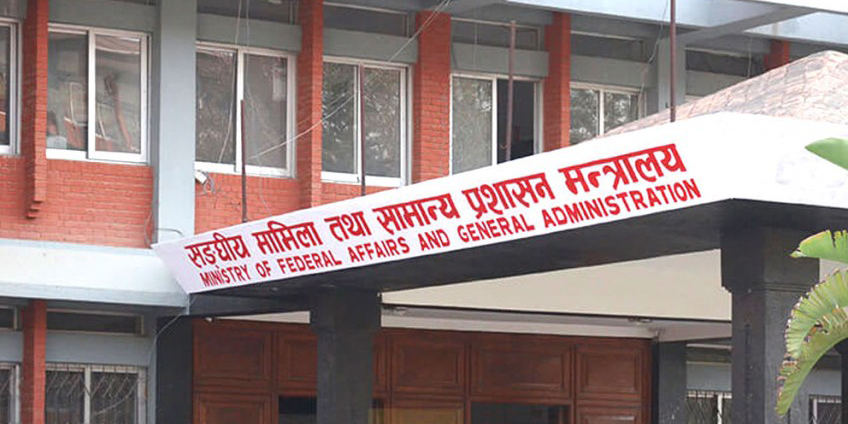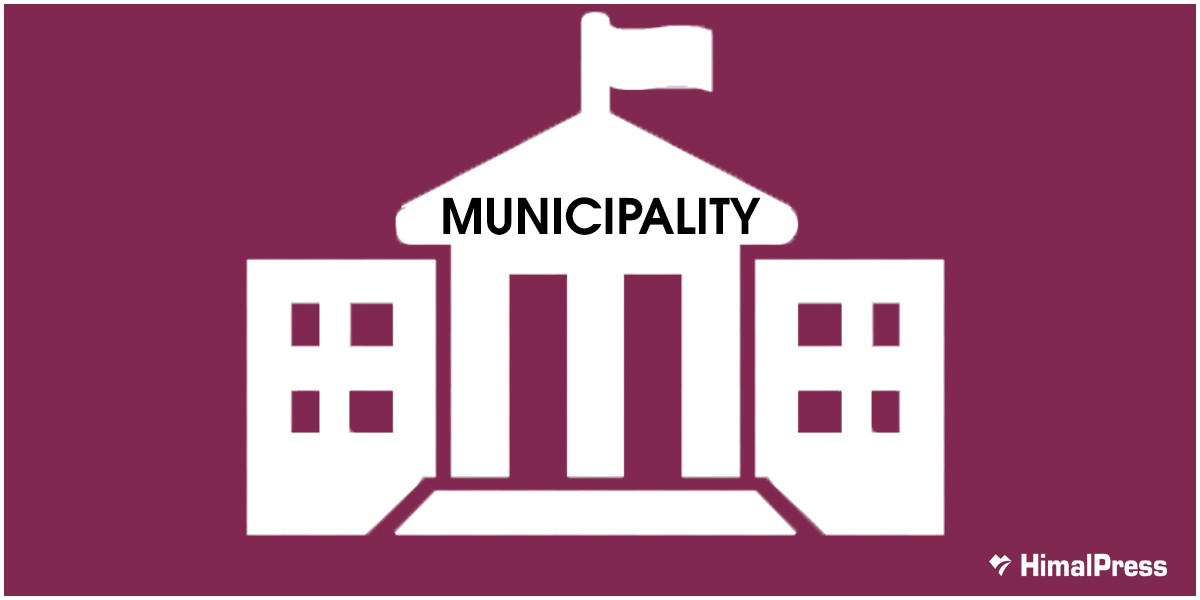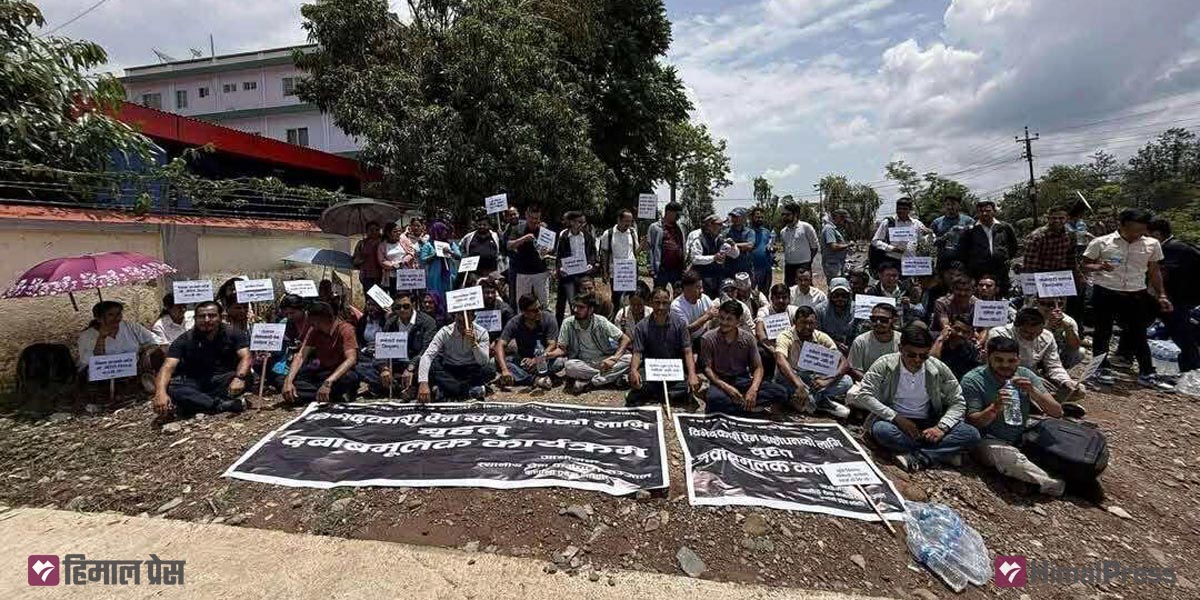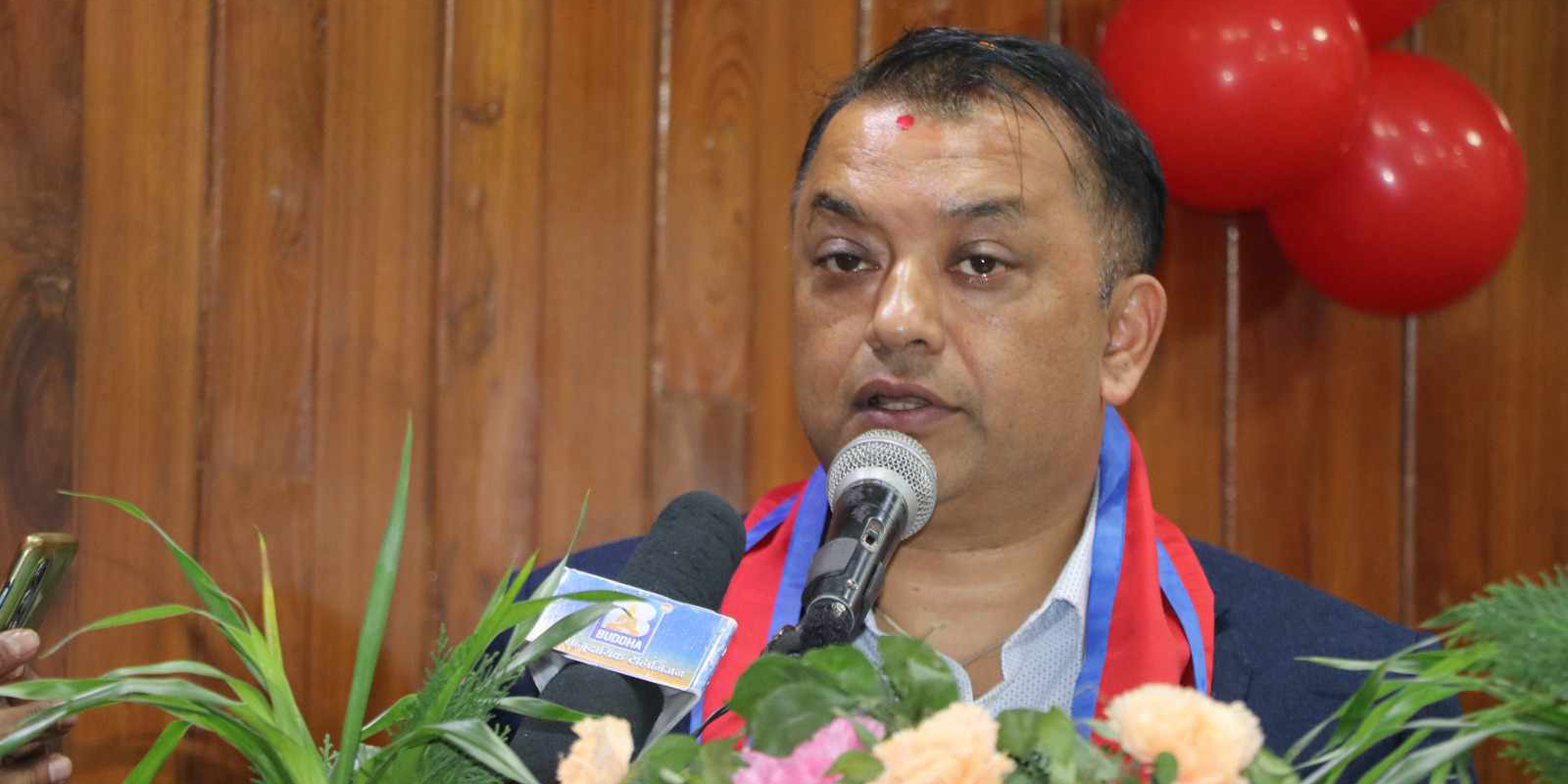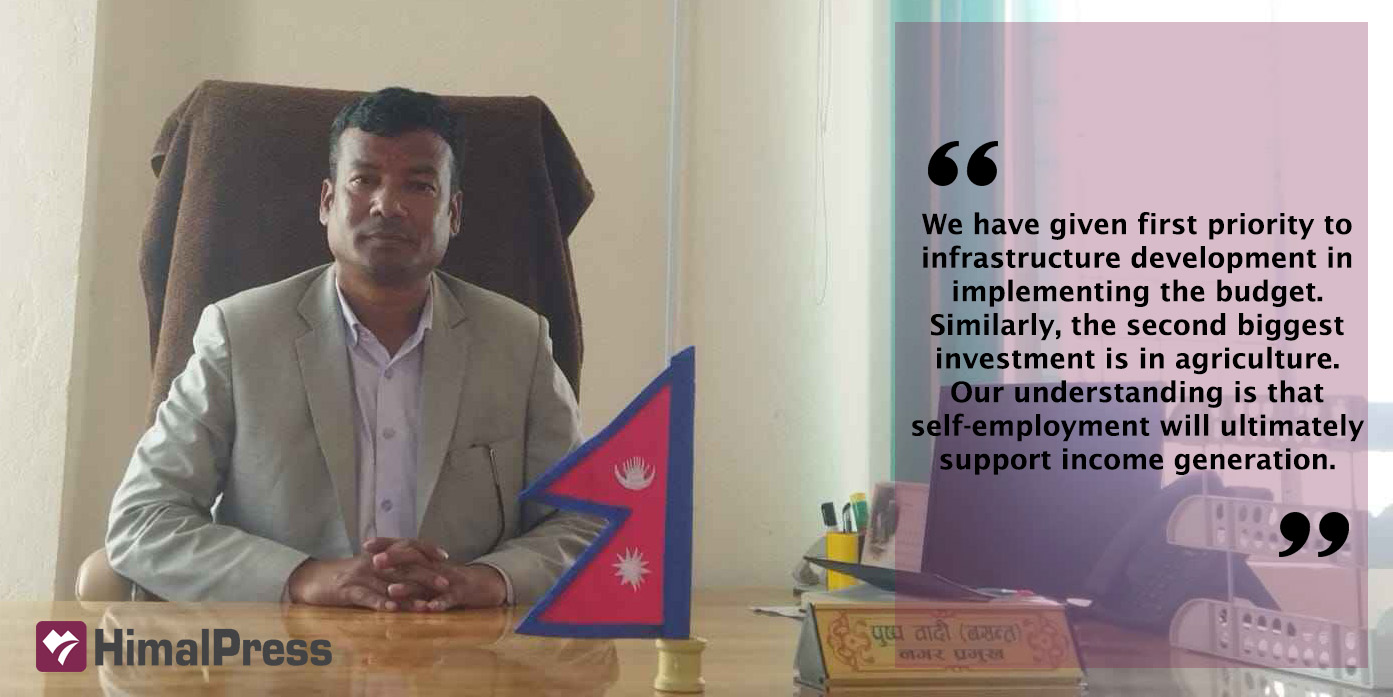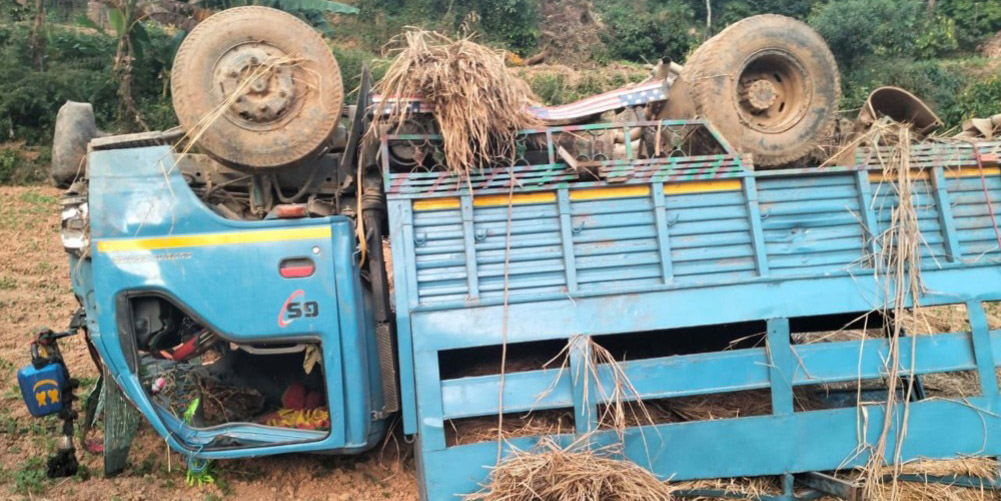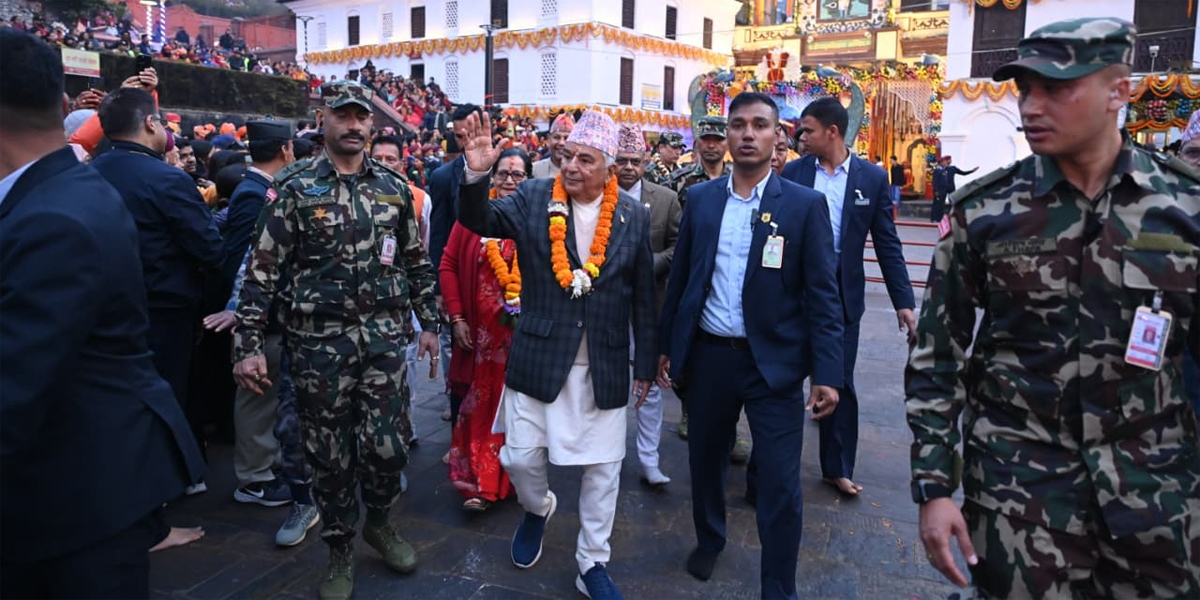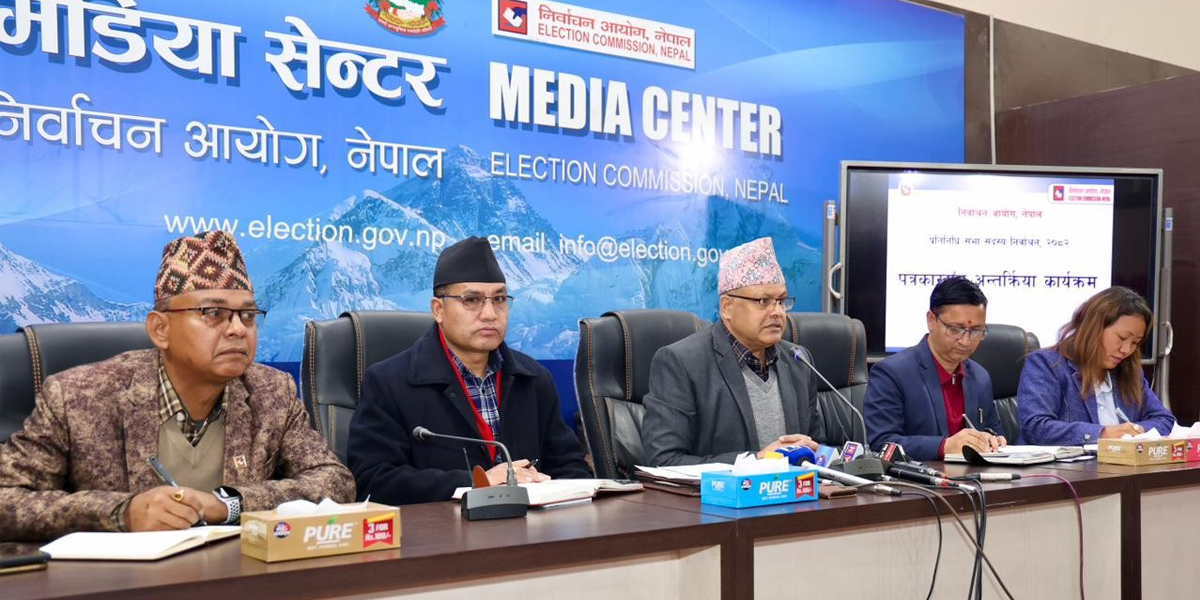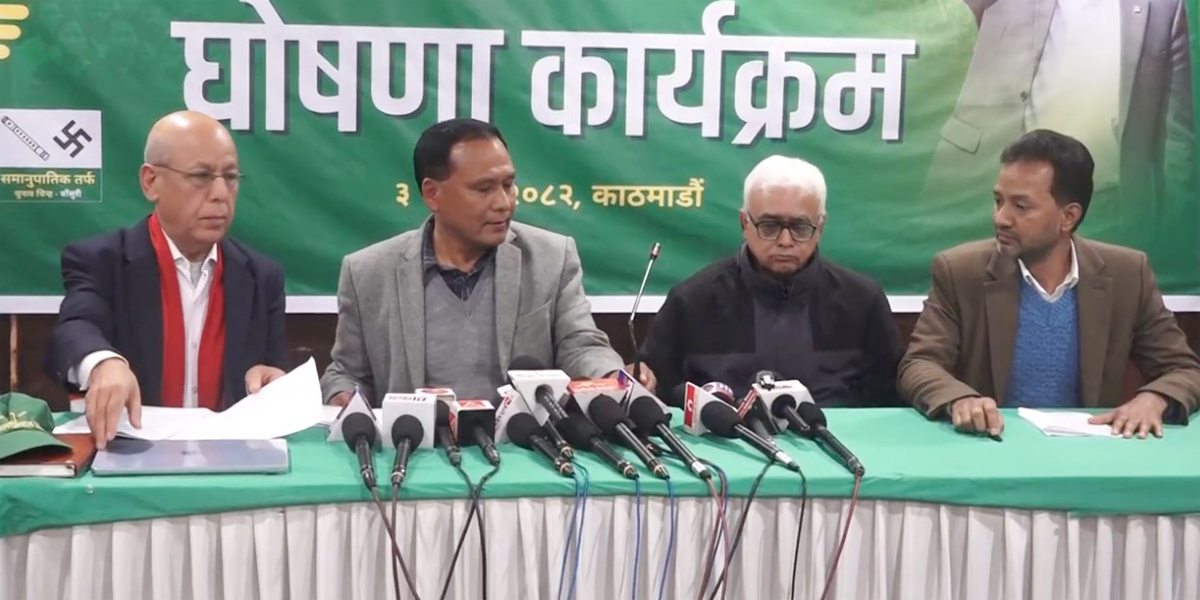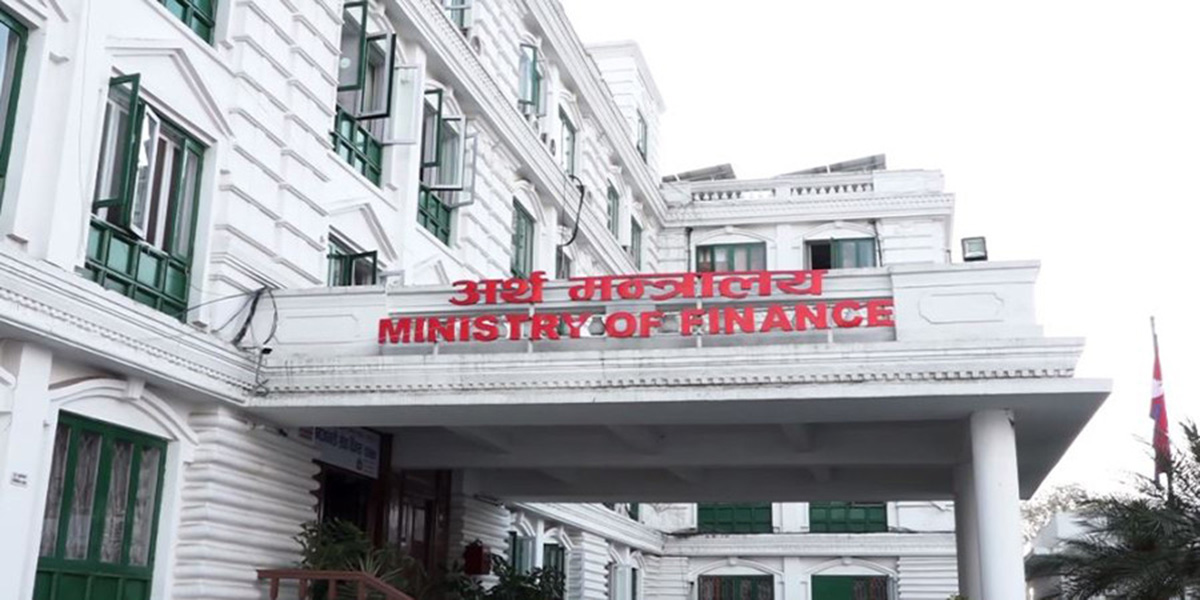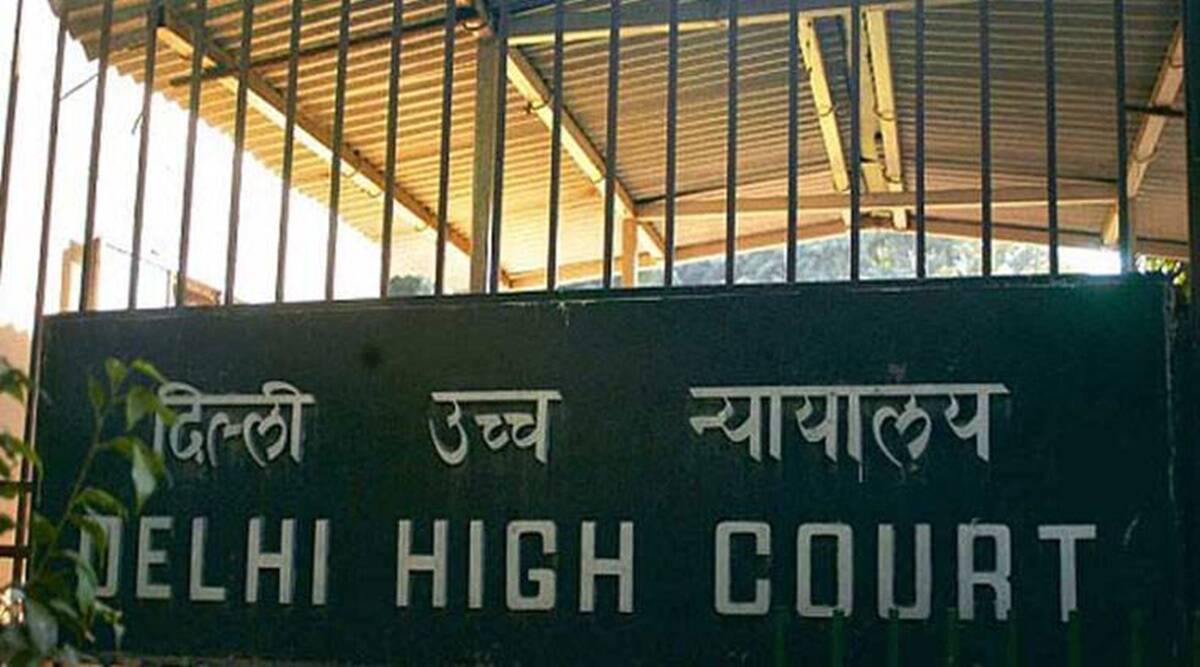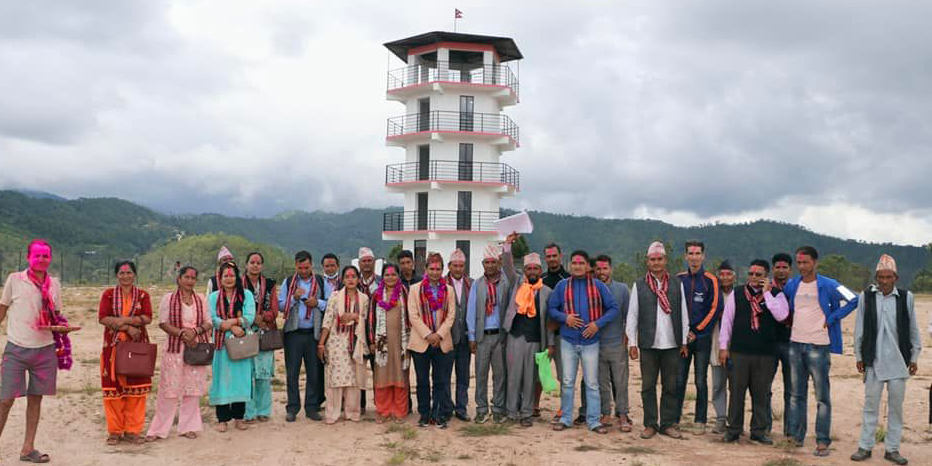 A view tower built by Bagchaur Municipality of Salyan.
A view tower built by Bagchaur Municipality of Salyan.
KATHMANDU: The 60th annual report of the Office of the Auditor General’s report released in April pointed out unrealistic projections of internal income and revenue, granting revenue exemptions without sufficient income sources, and inadequate recovery of unsettled accounts by local units across the country.
Furthermore, the report highlighted issues such as non-compliance with budget discipline, lack of frugality in administrative expenses, expenditure on unproductive or distribution-oriented programs, and implementing projects without setting priority.
The Schedule-8 of the Constitution of Nepal grants local governments the authority to mobilize local taxes and fees and look after the management of local services, local-level development projects, and education up to the secondary level. They also enjoy numerous other rights, including basic health and sanitation, local, rural, and agricultural roads, irrigation, agriculture and animal husbandry, cooperatives, and the operation of FM radio stations.
However, the local units, which is constitutionally established as the government at the citizen’s doorstep, seem to be misguided. In the previous term, the local government wasted five years constructing view towers and office buildings, purchasing motor vehicles, and building temples, monastery and statues. The new local governments, which assumed office a year ago, have failed to accomplish anything more significant than that.
Khimlal Devkota, an expert on fiscal federalism and a member of the National Assembly, believes that local people’s representatives are making a mistake in setting priorities. “Except for a few, the people’s representatives seemed to have failed to recognize the responsibilities and the rights bestowed upon them by the constitution.”
Devkota asserts that one-third of the elected representatives are good, one-third are attempting to do good, and one-third are corrupt.
According to Devkota, there have been some positive developments since the inception of local governments. School education has improved to some extent, modernization of agriculture and access to subsidies have increased, electricity and road infrastructure have expanded, and there has been an improvement in water supply. “These alone aren’t enough. We should continue to keep an eye on their activities,” he added.
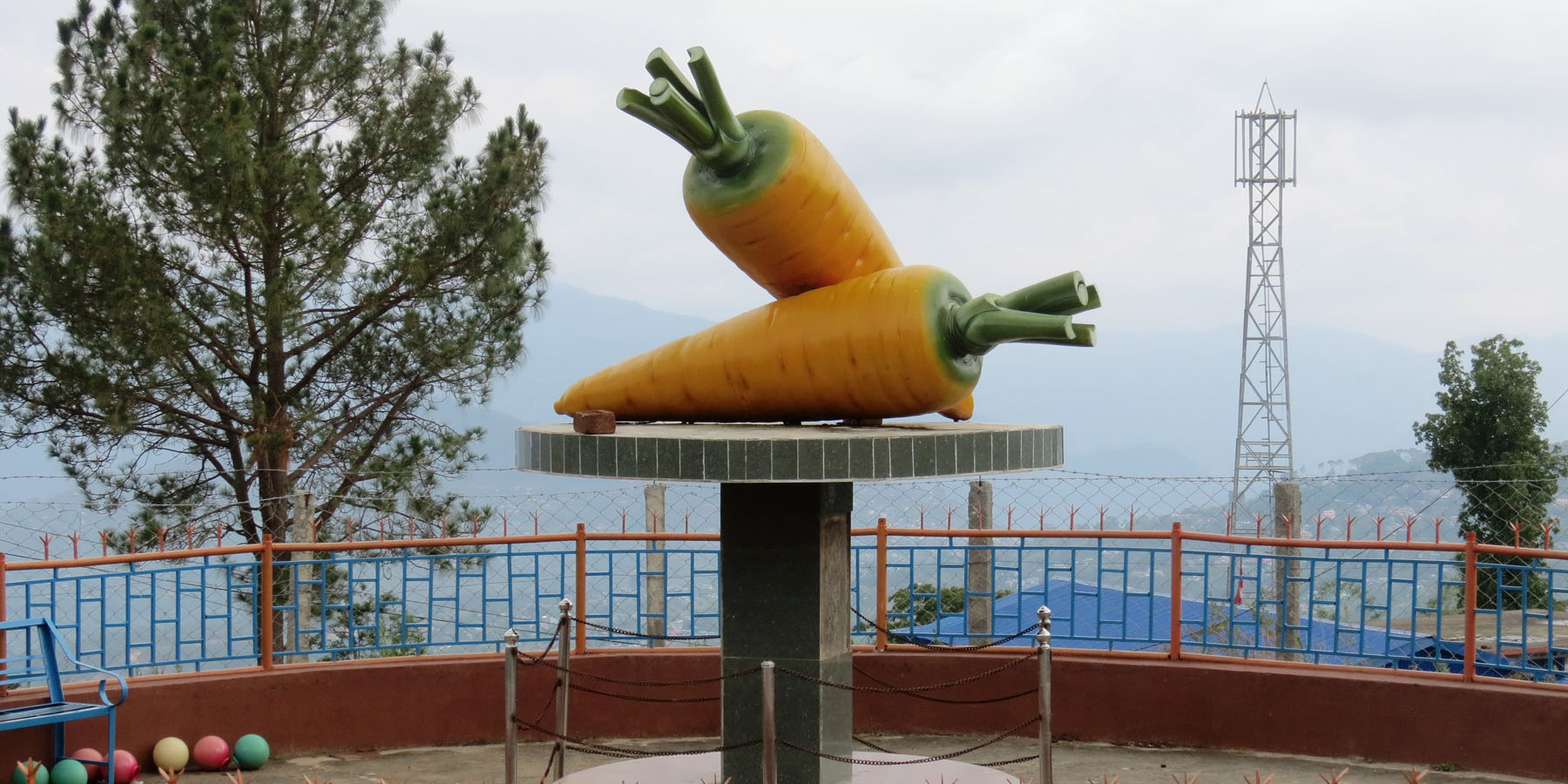
The constitution has even granted local governments the power to enact laws, implement them, and adjudicate disputes through judicial committees. People’s representatives in the local units are exercising powers of the executive, legislature, and judiciary simultaneously.
However, many local governments seem to act contrary to financial discipline, spending unnecessary budgets, and piling up unaccounted expenses. Likewise, there is a tendency to favor relatives and friends while recruiting staffers under contacts, manoeuver consumer committees, and disregarding the recommendations of the Auditor General’s report.
The identification of local-level needs, prioritization of issues, and resource mobilization have not been effective. The proliferation of view towers across the country, both completed and under construction, serves as a glaring example of this. The construction of concrete view towers, monasteries, welcome gates, and statues of wildlife, flowers and even vegetables, in the name of tourism promotion reflects the broken state of local government.
Balananda Poudel, Chairman of the National Natural Resources and Finance Commission, said the local governments have unlimited authority concerning the people’s work. “The constitution envisages making the local government superior compared to governments in upper tiers. Although a few local governments have performed well, it is true that many have not utilized their rights effectively,” Poudel added.
The general public does not have high expectations from the local governments. They do not anticipate the development of major infrastructure projects such as large-scale hydropower plants and highways. Their major demands revolve around basic healthcare, clean drinking water, a clean environment, quality education, easily accessible roads, and effective marketing of agricultural products at the ward level. Despite having unlimited rights and sufficient resources, the local governments are failing to address even these basic issues.
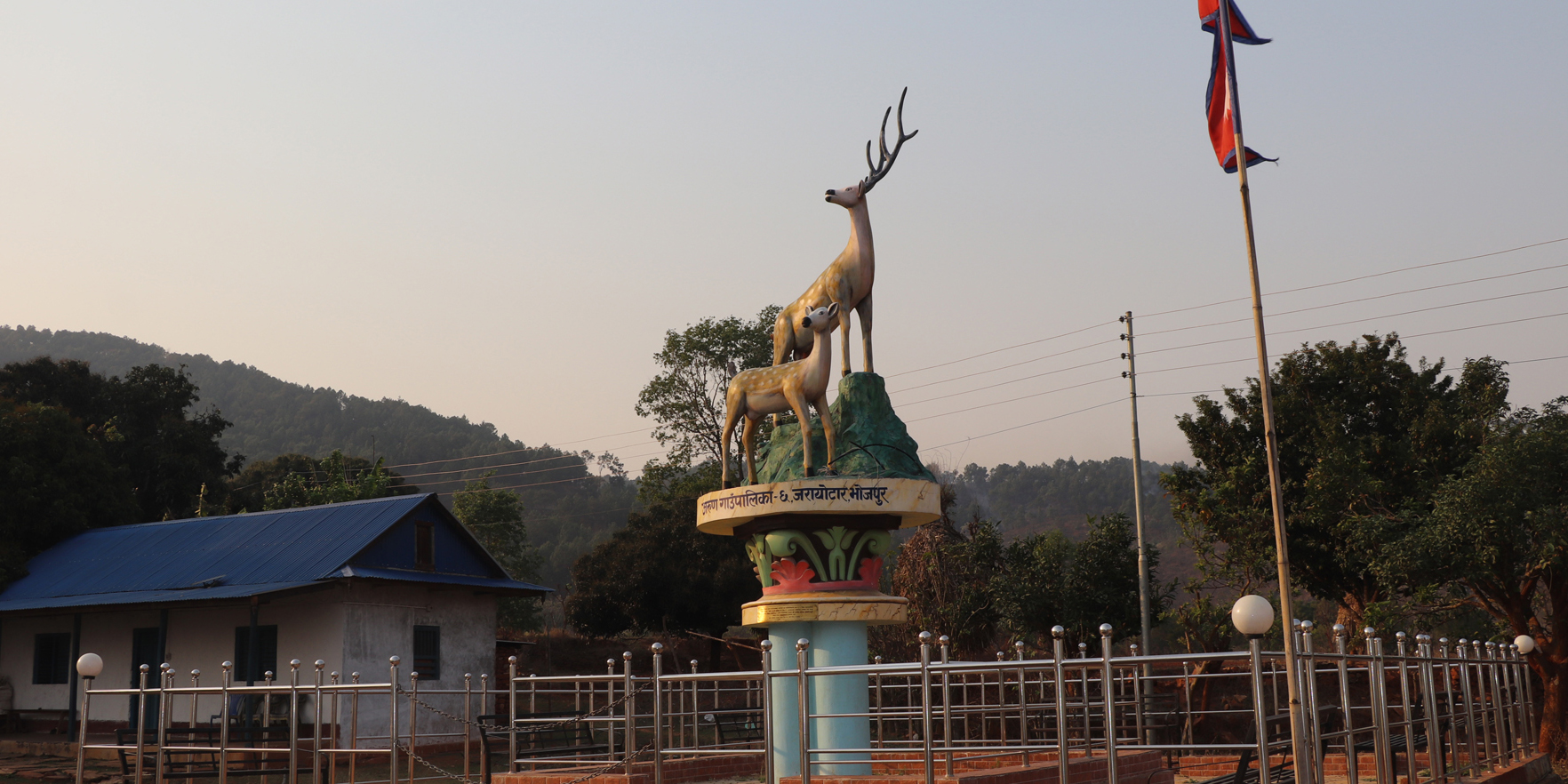
Lakshmi Devi Pandey, president of the National Federation of Rural Municipalities and the chairperson of Hoopsekot Rural Municipality of Nawalparasi East, said although the people’s representatives are in a campaign to make lives easier for people, they are facing obstacles due to resource constraints, lack of staff, legal hurdles, and party interests. “We have a feeling that we should deliver on the promises made during the election. However, several issues are hindering our work,” she maintained.
As Pandey mentioned, each local government has different resources, and the federal government allocates budgets to them based on factors such as population, geography, and evaluation of past performance. None of the local levels have the ability to be self-sufficient by generating their own income.
Moreover, partisan interests pose a significant problem to local governments. Last year, some local governments in Banke, Mahottari, Sarlahi, and other districts failed to present their budgets even after six months the budget day. People’s representatives complain that limited resources, lack of expertise, and frequent changes in the chief administrative officers contribute to these challenges.
“Employees are transferred as they start to get accustomed to the local environment. Such an approach affects the delivery of quality services,” she added.


